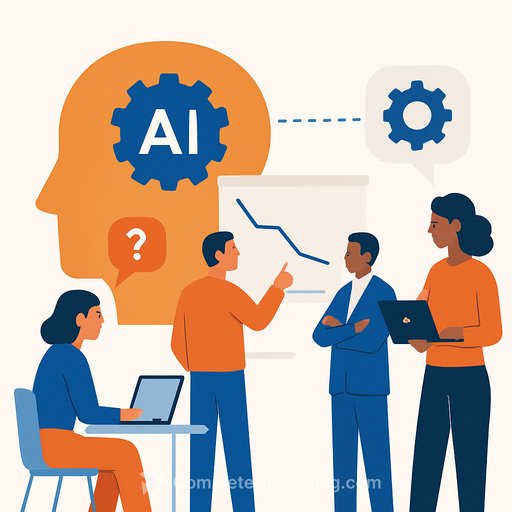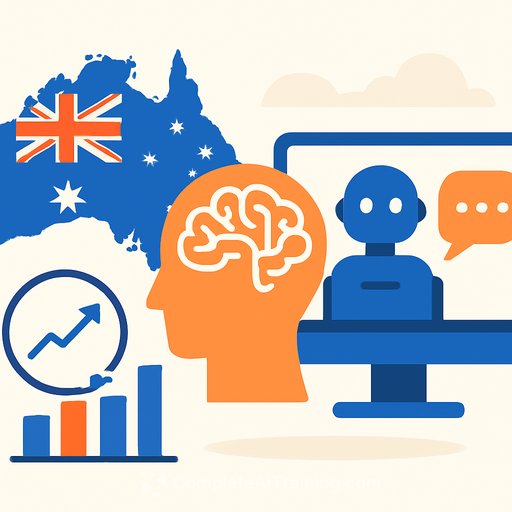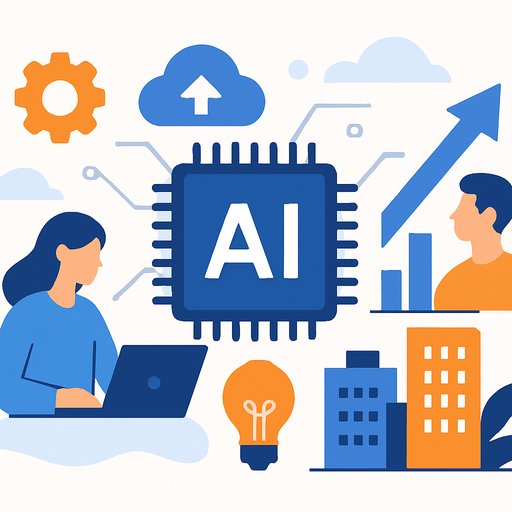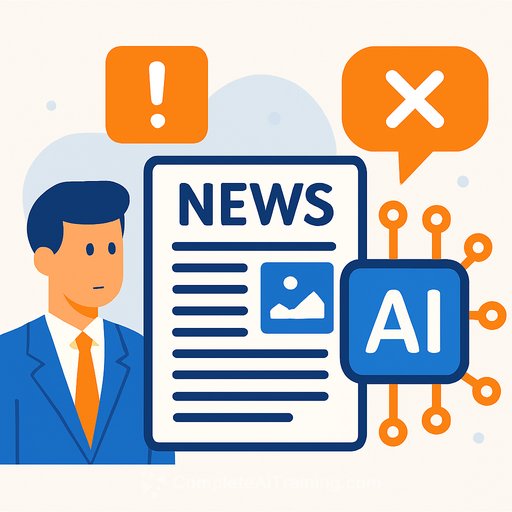Artificial Intelligence in the Workplace
Artificial intelligence (AI) has become a common part of daily work for many employees worldwide. However, companies are still capturing only a small portion of AI’s full potential, according to a recent Boston Consulting Group (BCG) report. The study surveyed over 10,600 workers across 11 countries and found that while AI adoption is widespread, its meaningful business impact remains limited.
About 72% of respondents use AI regularly, but adoption among frontline employees has plateaued at 51%. Workers in regions like India and the Middle East show the highest AI usage rates, at 92% and 87% respectively. Interestingly, these same regions also have the greatest concerns about automation, with fears that jobs could disappear within the next decade far exceeding the 41% global average.
Barriers to AI Adoption
BCG highlights three main barriers holding companies back from leveraging AI effectively:
- Lack of training: Only 36% of employees feel adequately prepared to use AI tools.
- Limited leadership involvement: Just 25% of frontline workers believe their managers provide enough guidance on AI use.
- Unauthorized tool usage: Many employees—especially younger ones—resort to “shadow AI,” using AI tools without company approval, which raises security concerns.
Companies that see real benefits go beyond simply deploying AI tools. They invest in upskilling employees, redesign workflows, and measure outcomes. These efforts lead to notable time savings, improved output quality, and higher employee engagement.
Looking Ahead: The Role of AI Agents
AI agents—smart digital assistants capable of managing tasks independently—are expected to play a key role in the future workplace. Three out of four employees believe these tools will be essential, yet only 13% have broadly integrated AI agents into their workflows. Furthermore, just one-third of workers understand how these agents function.
Increasing familiarity with AI agents helps reduce fear and fosters collaboration rather than competition. Organizations that prioritize training, prepare for workforce changes, and experiment with AI agents are more likely to boost productivity and employee satisfaction.
- Investing in people and redesigning workflows are critical steps for companies looking to benefit from AI.
- Leadership alignment around AI strategy supports smoother adoption and better results.
- Managing AI’s impact on employees ensures a healthier work environment and sustainable transformation.
For professionals interested in expanding their AI skills to stay relevant and make the most of these technologies, exploring specialized courses can be a practical next step. Platforms like Complete AI Training offer a variety of up-to-date courses tailored for different job roles and skill levels.
Your membership also unlocks:






